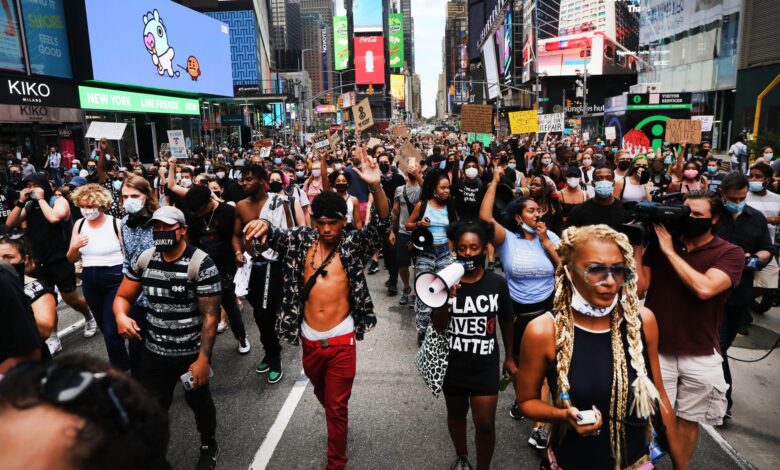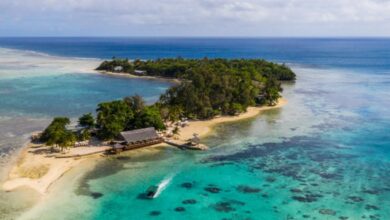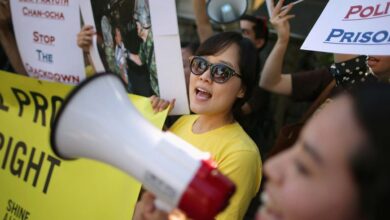Racial justice – Amnesty International

Racial and climate justice
Sadly, ethnicity, race, class, and caste go hand in hand with the detrimental effects of climate change and fossil fuel-related inequalities.
In India and Nepal, women and girls belonging to so called “low castes” such as Dalit, are more susceptible to the negative impacts of climate change as they are forced to live in segregated and isolated housing. Time and again, these women are ignored and overlooked in humanitarian and rehabilitation responses and are persistently deprived of resources and opportunities to influence decisions concerning them.
In North America, air pollution disproportionately affects poorer racialized communities especially Black communities, whose neighbourhoods are more likely to be situated next to power plants, refineries, and highways. This leads to higher rates of respiratory illnesses and cancers, and Black people are three times more likely to die of airborne pollution than the overall US population.
It also has a detrimental effect on Indigenous Peoples. The burning of fossil fuels is killing people and damaging the environment. But as the global economy starts to move away from fossil fuels and towards renewable energy sources, it can also harm people’s human rights, as well as the environment, as it relies upon a massive increase in the mining of metals and minerals. If mining companies and their buyers continue these practices, they could deepen the human rights abuses experienced by front line communities, including Indigenous Peoples and block the path to a sustainable future.
Source link


